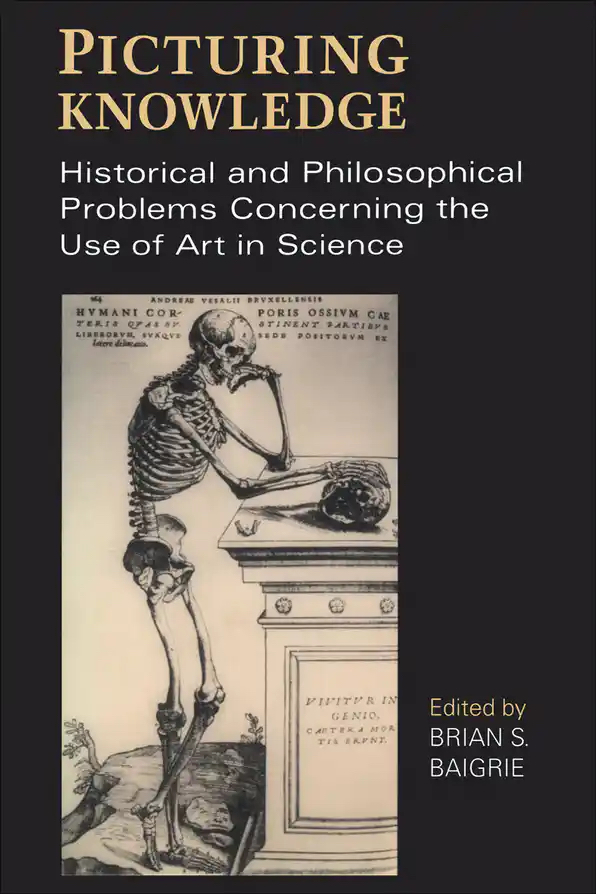The traditional concept of scientific knowledge places a premium on thinking, not visualizing. Scientific illustrations are still generally regarded as devices that serve as heuristic aids when reasoning breaks down. When scientific illustration is not used in this disparaging sense as a linguistic aid, it is most often employed as a metaphor with no special visual content. What distinguishes pictorial devices as resources for doing science, and the special problems that are raised by the mere presence of visual elements in scientific treatises, tends to be overlooked.
The contributors to this volume examine the historical and philosophical issues concerning the role that scientific illustration plays in the creation of scientific knowledge. They regard both text and picture as resources that scientists employ in their practical activities, their value as scientific resources deriving from their ability to convey information.
Publication Type
- Book



